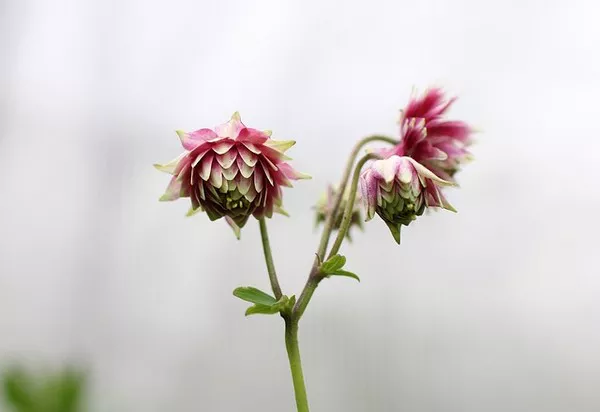A new study published in Scientific Reports has revealed that alpine snowpatch ecosystems in southern Australia are undergoing significant transitions due to climate change, leading to the formation of a novel community with an uncertain future.
The research, conducted by Dr. John Morgan, Associate Professor of Environment at La Trobe University, and Zac Walker from the Research Center for Applied Alpine Ecology, found that lower snowfalls and earlier snowmelt are driving changes in the snowpatch ecosystem.
Similar to the impact of climate change on coral reefs, the snowpatch ecosystems are experiencing shifts in structure and composition. These ecosystems, where snow persists the longest each year, have historically been characterized by unique plant communities. However, as snowmelt occurs earlier and snow cover diminishes, the ecosystem is undergoing a transformation.
Key findings of the study include:
Decline in Area: Snowpatch vegetation has declined in area, reducing the available habitat for these unique plant communities.
Changes in Species Composition: The composition of plant species within the snowpatch ecosystems has changed.
Increased Shrub and Tussock Grass Cover: There is evidence of increased shrub and tussock grass cover within the ecosystems.
Uncertain Future: The study suggests that while there is currently little evidence of species loss, the long-term impacts of taller shrubs outcompeting short-statured snowpatch species could lead to biotic homogenization and loss of species diversity.
The research highlights the vulnerability of alpine ecosystems to climate change, particularly in regions like the Australian Alps where lower snowfalls are becoming more frequent. The prolonged snow-free seasons favor plant species that are typically limited by snow cover, altering the composition of these unique ecosystems.
Understanding the ongoing changes in alpine snowpatch ecosystems is crucial for conservation efforts and for developing strategies to mitigate the impacts of climate change on these sensitive environments.


